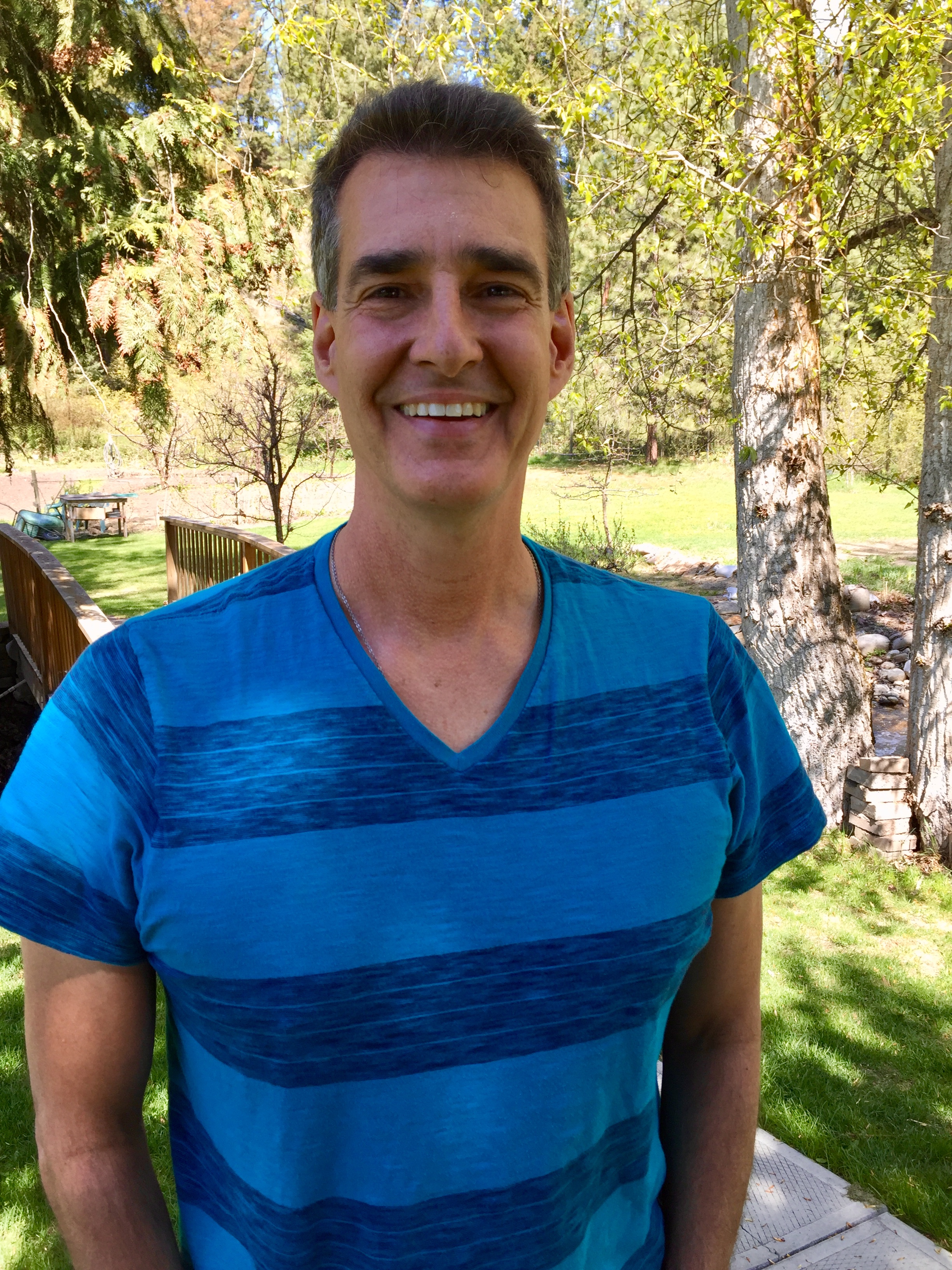ISSN: 1941-4137
POETRY THAT ENACTS THE ARTISTIC AND CREATIVE PURITY OF GLASS
POETRY THAT ENACTS THE ARTISTIC AND CREATIVE PURITY OF GLASS

Poems by Bern Mulvey have appeared, among other places, in Poetry, Ninth Letter, Agni, FIELD, Beloit Poetry Journal, The Missouri Review, Michigan Quarterly Review, Cimarron Review, Passages North and Poetry East. His first book, The Fat Sheep Everyone Wants, won the Cleveland State University Poetry Center Prize, and his second book, Deep Snow Country, won the FIELD Poetry Prize. He has also published two award-winning chapbooks, The Window Tribe (White Eagle Coffee Shop Press) and Character Readings (Copperdome/Southeast Missouri State University Press). He lives in Pohnpei, Micronesia.
Also by Bern Mulvey:
Deep Snow Country
The Fat Sheet Everyone Wants
Haiku For The Radiation Detector Installed At My School
Poets Resist
Edited by Benjamin Rozzi
April 30, 2019
Edited by Benjamin Rozzi
April 30, 2019
Easter
Those who know the depths of human frailty and how
even the little good we do is a borrowed thing, though grieved,
will be surprised at nothing.
— François Fénelon
for T. K.
On a small Pacific island, a church
sits atop a low hill. Spanish-built, set
on fire by Japanese, then bombed
and bombed again by US liberators,
windows without glass, doors unhinged,
unlockable, it is a shell of stone
open to everything: an orange cat
chases geckos up its walls, red-tailed
parrots nest in the plaster eaves,
as lizards, deep blue, yawn beneath
rows of folding seats. Here today
a Mass will be held to hundreds.
How the will to understand is a palm held outward saying,
I am unarmed, I come in peace.
Each month the US recruiters come
looking for new soldiers. My student goes
to Guam next week to train. The money
is good, he says, better than anything
in Pohnpei. Afterward, he will be sent
overseas, though doesn’t know where
or why. I hope it's the Middle East,
he tells me. I want to see where
my brother died.
The early voyagers of the Pacific did not view the ocean
as having an edge from which one might fall.
Opposing tides, the parishioners
file in, white or not, the nots many more,
local women in urohs, handmade skirts,
kaleidoscopic, each a different
pattern and story, the men awkward
in Sunday shirts and slacks, brown feet bare.
As they wait, they sing in Pohnpeian,
which means words from God’s stone altar
in their tongue, a language thousands
of years old, with watery roots
as long and deep as an ocean.
How compassion is an abstract noun, playground
of the privileged.
He tells me about yesterday at Joy
Hotel, two white women eating crab,
their skin translucent, blue arm veins
roads of ink on a pale map. They spoke
English, their voices seemed even louder
in that dining room. Working lunch, said one,
Imagine if we tried this back home?
The other woman laughed and laughed.
The Senator sighs, rubs along his jaw
the long scar from helping his father
spear reef fish as a boy, ten cents a pound.
How understanding withheld is the whip
of the master.
Embassy staff, charity NPOs,
World Teach teachers roughing it out
of Bronxville, Kensington, Bel Air,
they form a stiff knot at the front,
here to fix, to advise, checking
watches, all shiny, well-shod — this
is mastery's trap, that you forget
you are one of them.
The needle-straight line of charity that chains
the privileged to the not.
At the register, the lady
in front of me struggles, breathless,
diabetic, her swollen hands
unable to close, grip. We buy
the same food, General Mills,
Morinaga, Kraft, Nestle,
Pepsi, Coca-Cola, Kikkoman,
Meiji — there’s nothing else.
It's all so cheap, she tells me
as I guide her hand clear of the purse,
her crumpled dollar bills … even
the currency foreign. She says,
What would I do without you?
Then the Lord said to Cain, “Where is Abel your brother?”
The priest is from Yap, shrunken,
spine curved like a question, hands
shaking as he praises God, lifts
an unsteady chalice to his lips.
Next to him, his helper leans,
ready to reach out, to catch
and hold, Though who will hold
the helper? I wonder, both
over seventy, both dying,
tumors in their lungs, their eyes.
“Micronesia has become a recruiter’s paradise for the
U.S. military, yet they have lost five times more soldiers,
per capita, than any U.S. state.” — Island Soldier, 2018.
Q & A after, the natives
restless, their questions’ rat-a-tat
rain blown against glass. Ambassador
Bob does his best, We understand
your concerns, he tells them
as they say the names
of loss, over and over
until it is sound only.
How hope is held longest in two hands.
How like fall leaves it falls to rot.
In this stone shell, this loam of dusk,
he says, Mass is for our children
who continue to fight in wars
they did not start nor cannot end.
And then into the long silence,
he adds suddenly, a whisper,
God give me, give us strength
to say no.
Poets Resist is published by Glass Poetry Press.
All contents © the author.
All contents © the author.





